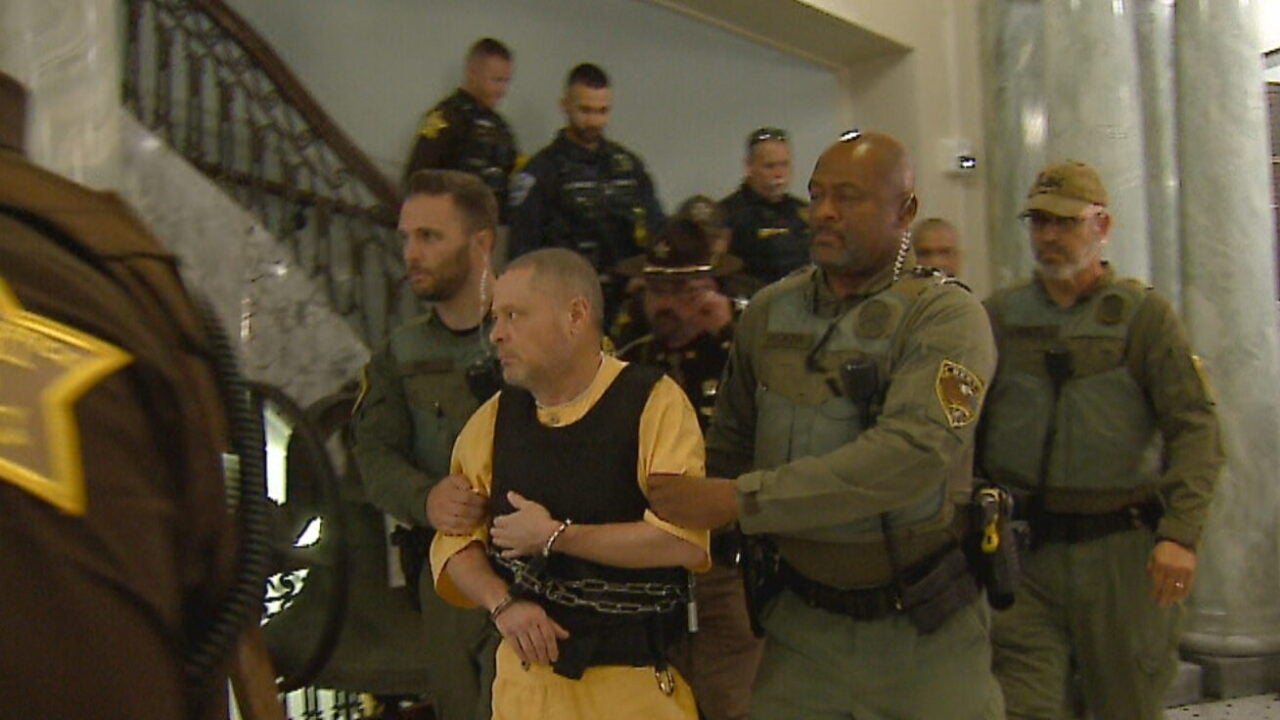Melted
Well-Known Member
- Joined
- Mar 8, 2024
- Messages
- 459
- Reaction score
- 2,719
1. Media Restrictions
• Jurors are not allowed to access television, radio, newspapers, or the internet to avoid exposure to any information about the case. They are prohibited from engaging with any news programming or media that could indirectly reveal details about the trial.
• Controlled access to specific media, such as movies or books, may be allowed, but these are screened by the court to ensure they are unrelated to the case.
2. Communication Restrictions
• Jurors cannot discuss the case with anyone, including other jurors, until the official deliberations begin. This helps to prevent any premature opinions or biases.
• They are prohibited from discussing the trial with anyone outside of the jury, such as family or friends. Communication with outsiders is closely monitored, and any attempts to influence or contact jurors regarding the case are punishable.
3. Electronic Device and Internet Use
• The use of electronic devices like smartphones, computers, or tablets is restricted or prohibited. This rule prevents jurors from accessing any information about the trial through online searches or other digital means.
4. Social Interaction Restrictions
• Jurors must avoid social settings where conversations about the trial could occur. If they encounter a situation where the case might be discussed, they are instructed to remove themselves or report the situation.
• They are also discouraged from attending events where they could be approached or influenced by outside individuals regarding the trial.
5. Physical Monitoring and Housing
• If the jury is fully sequestered, they may stay at a hotel, and their activities and interactions are monitored by court officials or bailiffs. They are escorted to and from the courtroom to prevent exposure to external influences.
6. Limited Leisure Activities
• Jurors may be allowed some leisure activities, such as watching movies or reading, but only after the materials are vetted by the court to ensure they do not relate to the trial. Controlled outdoor activities may also be permitted, but jurors cannot engage in any behavior that risks exposure to trial-related information.
• Jurors are not allowed to access television, radio, newspapers, or the internet to avoid exposure to any information about the case. They are prohibited from engaging with any news programming or media that could indirectly reveal details about the trial.
• Controlled access to specific media, such as movies or books, may be allowed, but these are screened by the court to ensure they are unrelated to the case.
2. Communication Restrictions
• Jurors cannot discuss the case with anyone, including other jurors, until the official deliberations begin. This helps to prevent any premature opinions or biases.
• They are prohibited from discussing the trial with anyone outside of the jury, such as family or friends. Communication with outsiders is closely monitored, and any attempts to influence or contact jurors regarding the case are punishable.
3. Electronic Device and Internet Use
• The use of electronic devices like smartphones, computers, or tablets is restricted or prohibited. This rule prevents jurors from accessing any information about the trial through online searches or other digital means.
4. Social Interaction Restrictions
• Jurors must avoid social settings where conversations about the trial could occur. If they encounter a situation where the case might be discussed, they are instructed to remove themselves or report the situation.
• They are also discouraged from attending events where they could be approached or influenced by outside individuals regarding the trial.
5. Physical Monitoring and Housing
• If the jury is fully sequestered, they may stay at a hotel, and their activities and interactions are monitored by court officials or bailiffs. They are escorted to and from the courtroom to prevent exposure to external influences.
6. Limited Leisure Activities
• Jurors may be allowed some leisure activities, such as watching movies or reading, but only after the materials are vetted by the court to ensure they do not relate to the trial. Controlled outdoor activities may also be permitted, but jurors cannot engage in any behavior that risks exposure to trial-related information.






